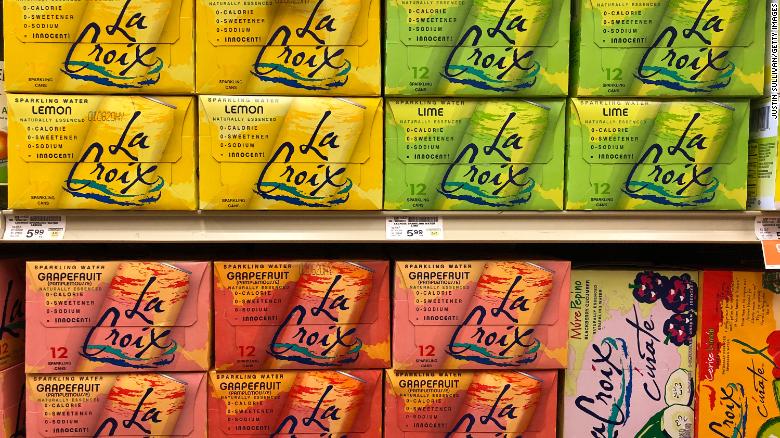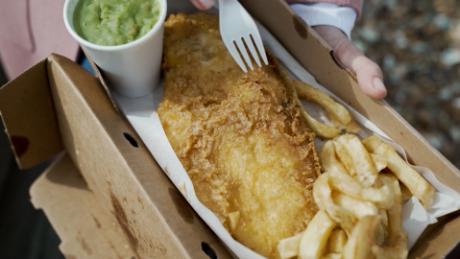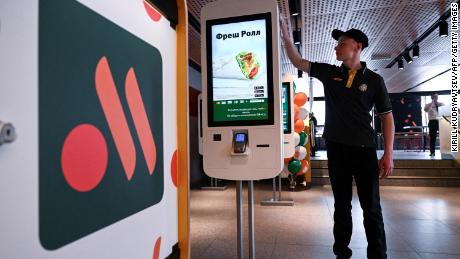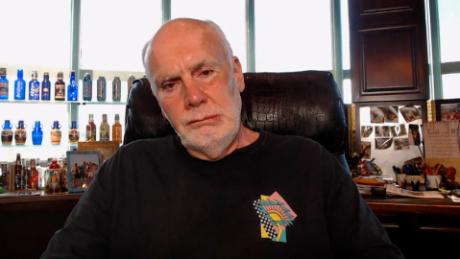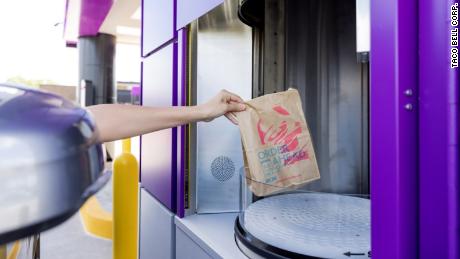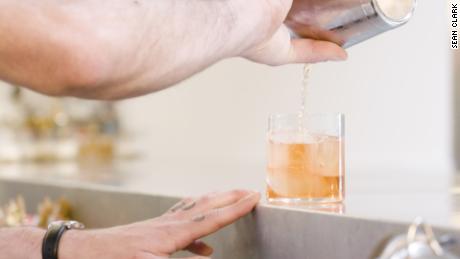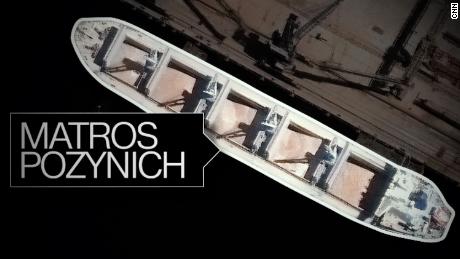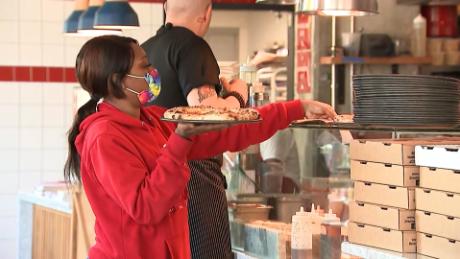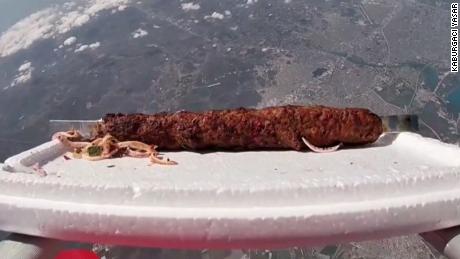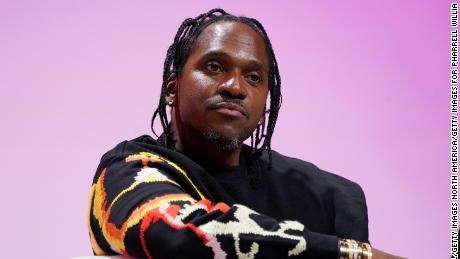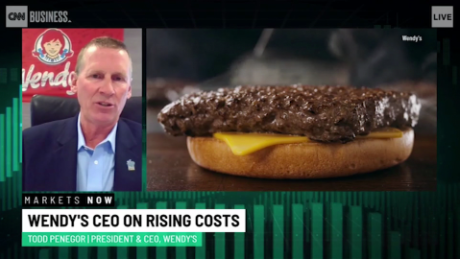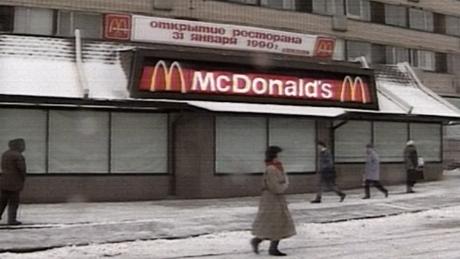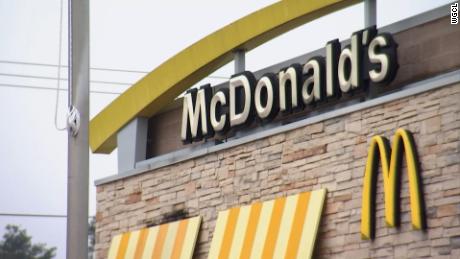New York (CNN Business)LaCroix, once the "it" brand in flavored seltzer, is in trouble. To stop losing ground to lower-priced competitors, it started offering heavy discounts. Now those price cuts are putting immense pressure on its profit margins.
National Beverage (FIZZ), the parent company of the once-red hot sparking water brand for Millennials, released dismal earnings Wednesday. Its sales fell and profit was lower-than-expected.
The dire numbers confirmed a bearish analyst's fear that the brand is in a "precipitous decline."
Laurent Grandet, a beverage analyst for Guggenheim, declared in May that LaCroix's sales are "effectively in free fall" because of increased competition from deep-pocketed competitors and a lack of new products. LaCroix also hasn't recovered from an October 2018 lawsuit about its ingredients. (National Beverage has issued numerous statements refuting the allegations since the lawsuit was filed.)
In a note sent to investors Wednesday evening, Grandet said that LaCroix faces a new problem: Discounts. He said that National Beverage's strategy to reverse its sales slump ŌĆö slashing prices ŌĆö is shrinking the company's profit margins.
Sales for LaCroix fell 12% over the past 12 weeks, according to Nielsen. So Guggenheim lowered its sales estimates, predicting National Beverage's revenue will fall 6% in its current fiscal year.
National Beverage's stock price has fallen 7% since Grandet said last month that the company was in a "free fall." The stock is down 41% this year. The company did not respond to a request for comment on Guggenheim's note.
How LaCroix lost its way
LaCroix, with its retro label and unique flavors, became an unlikely leader in the seltzer market. The brand has been around for nearly three decades, owned by a relatively small company. But sales took off this decade, and LaCroix became one of the symbols of the Millennial generation.
But larger competitors are making progress on stealing LaCroix's customers with their own sparkling water options.
Coca-Cola (KO) recently released flavored sparkling versions of its Smartwater brand. PepsiCo (PEP) introduced Bubly, a brand of sparkling water and Costco (COST) has also gotten into the sparkling water business, launching zero-calorie flavored drinks under its private label Kirkland Signature brand last summer.
LaCroix was once the powerhouse of sparkling water and owned 50% of the sector. Now, it's a "drag" on the growing category, according to Guggenheim's data.
"This suggests that while some drinkers have left the category, many have since discovered that other brands offer acceptable substitutes and that LaCroix doesn't have much that distinguishes it from the competition in terms of intellectual property or added value," Grandet wrote.
A class action lawsuit filed last fall has also haunted the brand.
A customer named Lenora Rice alleged that LaCroix has several synthetic compounds in it, claiming the company is misleading customers by claiming that LaCroix is 100% natural. National Beverage released a statement in January refuting the lawsuit's claims. The company said the beverage is 100% natural.
"We pride ourselves in bringing only the healthiest, safest and most delicious ingredients to our consumers ŌłÆ all with zero calories, zero sugar and zero sodium," it said.
But that triggered the sales declines that the company has not yet been able to stymie.
The company's "lack of meaningful innovation" is also limiting excitement. LaCroix pointed out in its most recent shareholder letter that it has launched a new flavor ŌĆö called Hi-Biscus ŌĆö in the United States. It has also expanded in Canada and the United Kingdom.
Guggenheim also still has concerns about National Beverage, saying that the "LaCroix brand cannot recover to a meaningful degree" while in its hands.
The company's mercurial chairman and CEO, Nick Caporella, had an unusual response when it reported a drop in sales and profit earlier this year.
"We are truly sorry for these results stated above," he said in a March letter to shareholders. "Negligence nor mismanagement nor woeful acts of God were not the reasons ŌĆö much of this was the result of injustice!"
Its most recent earnings report doesn't have a letter from him. Instead, the company took a more optimistic tone.
"LaCroix was the original beneficiary of such expansion with many less-nimble competitors recently gaining distribution," it said. "LaCroix is the category leader bringing consumers a feeling of joy, natural zest and delightful gratification. We will always remain true to these virtues."
